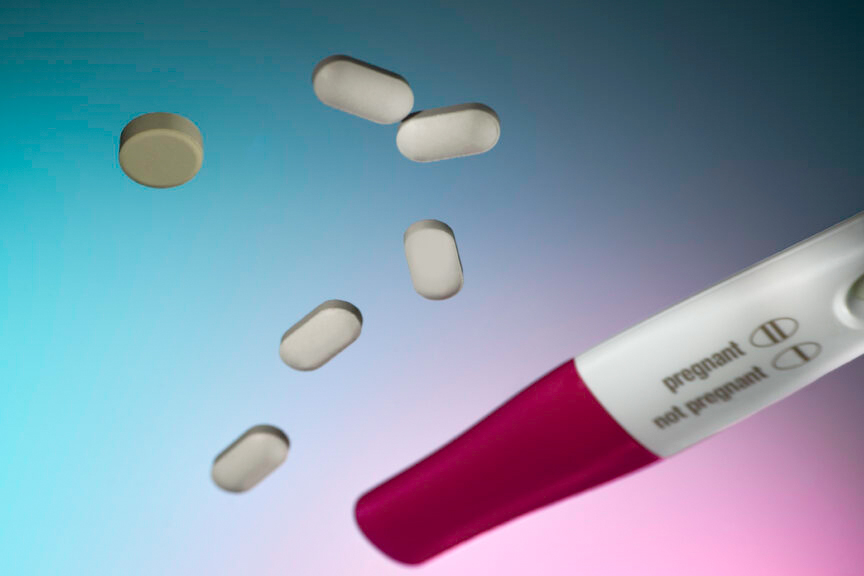Like anyone else who has sex, trans people are at risk of sexually transmitted infections (STIs). You can get an STI from having oral, anal, or vaginal sex. But you can protect yourself.
• If you have penis-in-vagina sex, condoms help prevent the transmission of STIs.
• If you have penis-in-anus sex, condoms help prevent the transmission of STIs. This type of sex carries increased risk of Hepatitis and HIV transmission. You could also consider getting a Hepatitis A & B vaccination.
• Get tested for STIs and HIV. Ask your healthcare provider how often to get tested. If you have an STI, get treated right away.
• HIV PrEP (pre-exposure prophylaxis) and HIV PEPSE (post exposure prophylaxis) can help prevent transmission of HIV before and after sex, respectively.
• If you are taking hormonal medications and have concerns about the interactions between these and HIV treatment, you can find up to date information on medicines interactions here.
• Some countries have national screening programs for prostate and/or cervical screening. If you change your legal gender, make sure you are registered for the relevant screening programs.
• The cervix is the opening part of the uterus that connects to the vagina. Cancer of the cervix is caused by a virus called human papilloma virus (HPV), which can be passed by skin to skin contact during sex. If you have a cervix, it is a good idea to have a pap test . The pap test looks at cells from the cervix to see if there are any signs of cancer. Talk to your provider about when and how often you should get this test done. Hormone therapy may affect the accuracy of the test, so it is a good idea to discuss your specific situation with your healthcare provider.
• People assigned male at birth who have undergone gender-affirming surgeries will typically still have a prostate. If you have a prostate, it is a good idea to participate in the national prostate screening programs . If you change your legal gender, make sure you are still registered for the relevant screening programs. • People of all genders can consider getting the human papilloma virus (HPV) vaccine to reduce the risk of genital warts and HPV-associated cancers. These are cancers of the genital area *
* These guidelines on based on the British Association for Sexual Health and HIV (BASHH) Recommendations for Integrated Sexual Health Services for Trans, Including Non-Binary, People (2019) available here.
For more information, click here.



